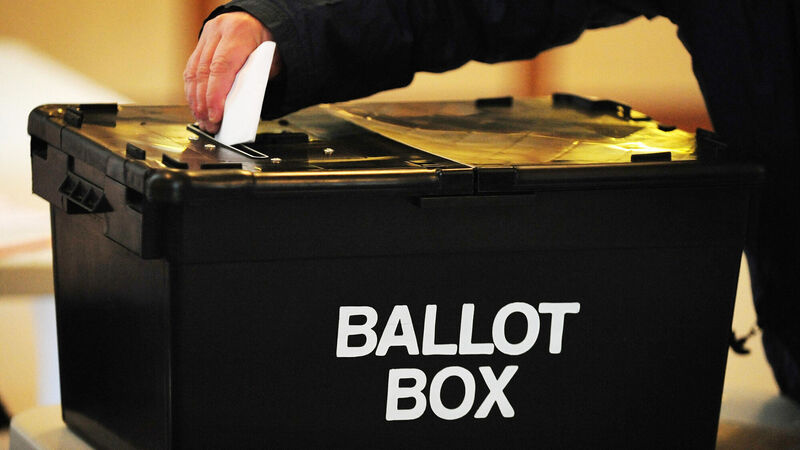Over half of voters know 'hardly anything' about upcoming referenda

Over half of those polled plan to vote yes to both referenda. However, the better-informed voters are more likely to vote against. Picture: Rui Vieira/PA
The majority of voters say they do not know what the constitutional changes in the upcoming referenda mean.
A month out from the two votes, 53% admitted they know "hardly anything at all" about them.










